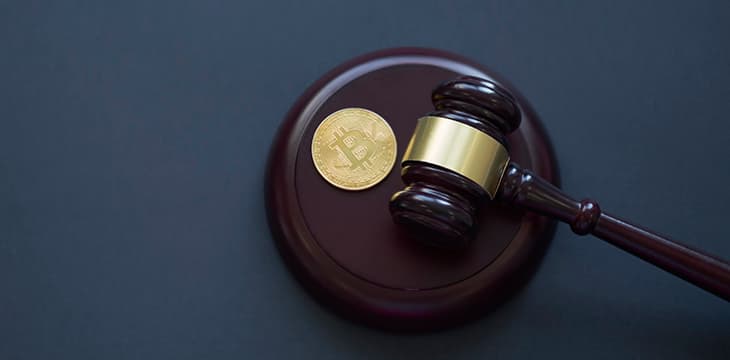|
Getting your Trinity Audio player ready...
|
A controversial regulation for the digital currency industry is sparking heated debate in South Korea. The rule, known as “Know-the-sender” (KTS), will require greater scrutiny of digital currency transactions for businesses, and some lawmakers believe this will only stifle growth and innovation in the space.
The rule requires any business that receives digital currencies to verify the identity and location of the sender and report the information to the Financial Services Commission (FSC), the country’s financial watchdog. When the sender is another business, the recipient must report the legal status of the sender as well as the number of its employees, a local report reveals.
The bill was proposed by Kim Byung-wook and Yoon Chang-hyeon of the ruling Democratic Party and the opposition People’s Power Party, respectively.
This bill was the subject of heated debate in Korea’s National Assembly. Lawmakers and some blockchain industry experts presented their arguments against the bill becoming law before the Assembly’s Political Affairs Committee.
Choi Hwa-in from the Financial Supervisory Service argued that the law could severely limit the still-young local blockchain industry. Yoon Jong-soo, an attorney, argued that as digital currencies become more popular, verifying the sender’s identity will become more difficult and even expensive, with businesses having to bear the burden of the extra costs.
The proposed bill extends beyond reporting regimes for businesses to change how digital currency users based outside Korea interact with local businesses. It states that international digital currency users must register with the local regulator, a requirement that would be difficult and quite costly to enforce. Further, it could effectively shut Korea out of the global digital currency ecosystem.
While the know-the-sender rule takes center stage, yet another bill on digital currencies is at a stalemate between two factions at the National Assembly. The bill proposes a 20% tax on digital currency gains and will be enforced on January 1, 2022. However, some lawmakers have been fighting to extend it for one more year, or at least until after the upcoming general elections in March, as they try to appease young voters.
Watch: CoinGeek New York presentation, The Path to BitCoin Adoption: How to Turn the Entire Web into Bitcoin Apps

 02-28-2026
02-28-2026 




